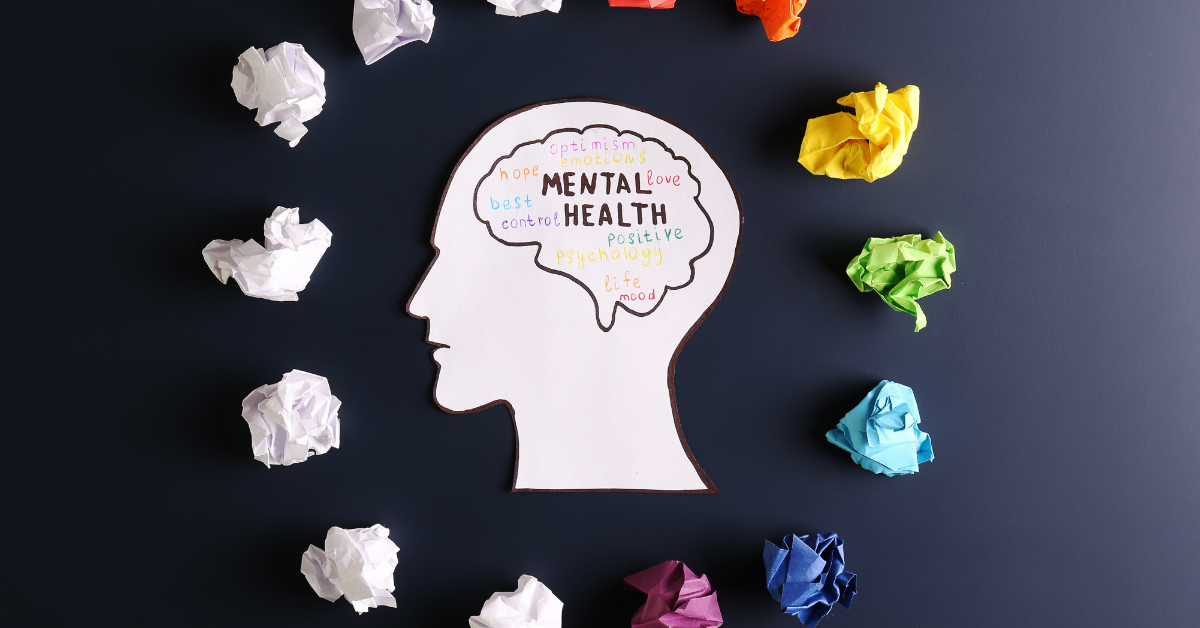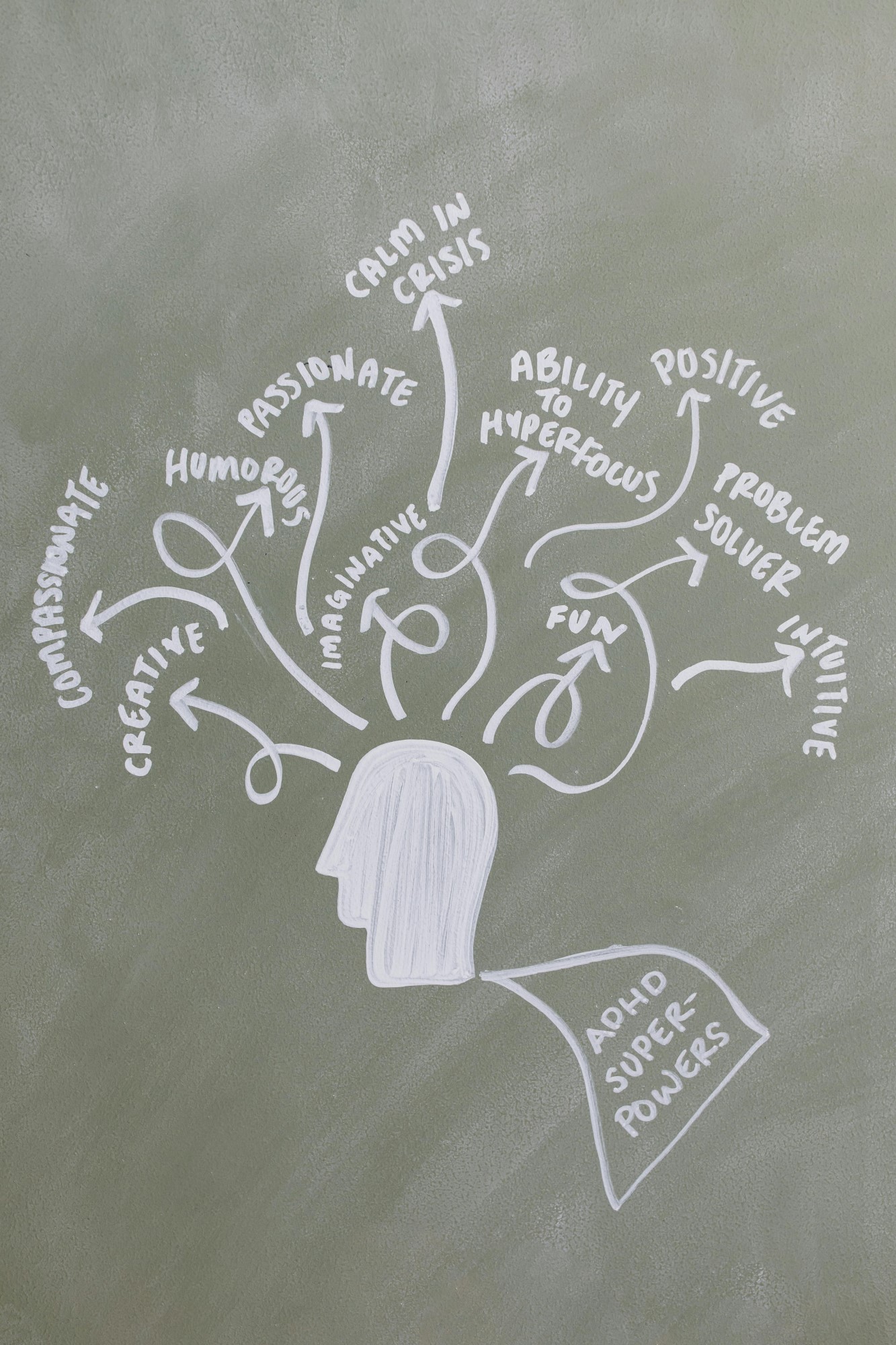Mental Health Basics
What is Mental Health?

Why is Mental Health Important?

What are some signs of good mental health or mental wellness?
There are several signs that indicate someone is experiencing good mental health. These may vary from person to person and can include:
- Resilience: the ability to adapt and bounce back from adversity
- Self confidence: having positive self-image and belief in one’s abilities.
- Productivity: being able to concentrate, focus and achieve goals effectively.
- Emotional Awareness: experiencing and managing our emotions in a healthy way.
- Positive Relationships: maintaining health connections and nurturing supportive relationships.
- Self Care: prioritizing self-care activities that promote mental well-being.

What are some signs of poor mental health or mental health issues?
When someone is struggling with their mental health, there are a few signs we can look for. When someone’s mental health significantly impacts their ability to function on a day-to-day basis, it may be time to seek help. Although signs may vary from person to person, some common ones include:
- Feeling down or sad for long periods of time.
- Feeling empty or indifferent to life.
- Emotional outbursts (e.g. anger, hostility, violence)
- Noticeable changes in behaviour (person not seeming like themself)
- Withdrawing from loved ones.
- Disturbed sleeping patterns (sleeping too much or too little)
- Feeling tired or fatigued no matter how much you sleep.
- Changes in eating (eating too much or too little)
- Suicidal thoughts or behaviour.
- Self Harm.

Mental Health vs Mental Illness
Everyone has mental health and good mental health enables us to cope with stress, realize their abilities and potential, learn and work well and contribute to our communities. Everyone has mental health. Some days mental health can be good, other days it can be bad. Mental health exists on a spectrum.
Mental illness or mental health disorders are illnesses which can interrupt the way you feel, think, communicate and behave. These are specific conditions such as anxiety, depression, bipolar disorder, and schizophrenia. Not everyone has a mental illness. Mental illness can be caused or influenced by several different factors such as genetics, trauma, environment and substance abuse. Mental illness should be regarded or treated the same as physical illness.

What are some common mental health disorders or mental illnesses?
Mental health disorders are prevalent around the world and in Guyana. These disorders can significantly impact peoples’ lives. Some common mental health disorders include: depression, anxiety and substance abuse disorder. Bipolar disorder and schizophrenia are less common. In Guyana, mental health and other related conditions account for 25% of the disease burden in people aged 10-40[1].
[1] Pan American Health Organization (2019)
